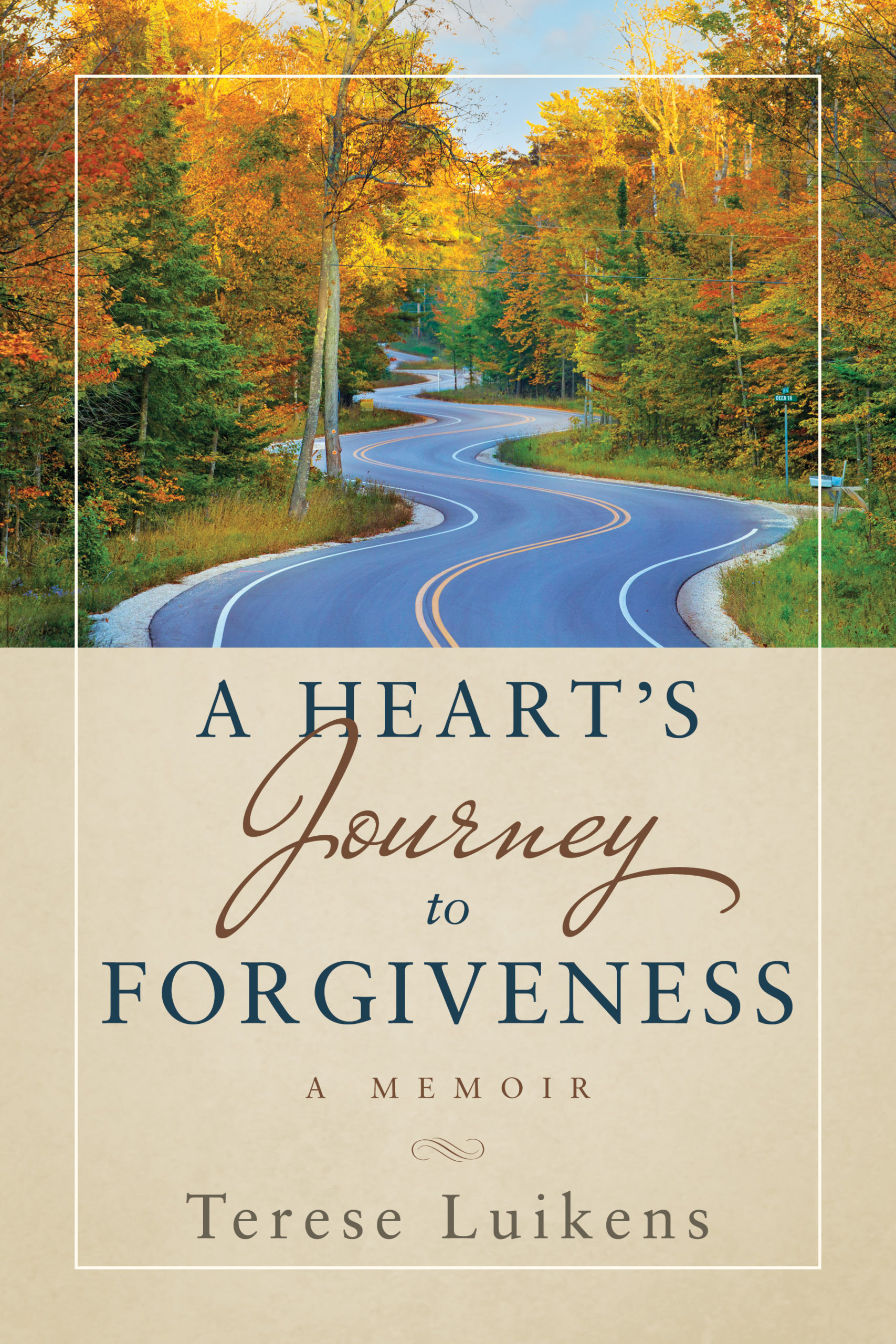
Why Bother Growing Our Emotional Intelligence?
When we identify, learn from and manage our emotions our emotional intelligence expands. With a broader band of emotional intelligence, we communicate more effectively and cultivate relationships that are meaningful.
Emotions are simply our feelings and feelings are connected to physical responses. Think back to the last time you were angry. Did you feel the need to cry, or maybe you felt the urge to shout obscenities, or perhaps you just wanted to haul off and punch someone.
Though anger is a universal emotion, our responses to anger are as unique as we are. The most important thing about growing our emotional intelligence is to cultivate our ability to name our feelings and then learn how to respond in a healthy and appropriate manner.
Emotionally Illiterate
I grew up as an emotionally illiterate child. Emotions were never talked about around our dinner table, nor were they taught at school.
My understanding as well as my ability to articulate what went on inside of me was limited. I knew when I was sad, I knew when I was glad and I knew when I was mad.
Since childhood though, I’ve expanded my vocabulary and the understanding of my emotions through a very simple, effective and confidential method called journaling.
I stumbled onto the idea of keeping a journal, after reading Julia Cameron’s book, The Artist’s Way. I took Julia’s advice, and began writing down my thoughts and feelings and over time, I was transformed from emotionally illiterate to emotionally intelligent.
I started journaling back in January of 1982 when I was pregnant with our first child and continued journaling with each consecutive pregnancy. I recorded my fears, apprehensions, doubts and joys of raising our sons through their infant, toddler, youngster, and those tumultuous teen years. When our oldest son married, I chronicled my fears about whether or not I’d make a good mom-in-law and when they told me I was going to be a grandma, I recorded my trepidation about being a good one.
The list of words describing what goes on inside has grown and continues to grow. I now know when I am angst, encouraged, exhausted, excited, courageous, defeated, giddy, inadequate, joyous, suspicious, sorrowful, and surprised.
My journals not only hold the history of a plethora of emotions I’ve felt throughout my life, they remind me of how my patterns of dealing with my emotions have changed. For instance, my history with impatience is a long one. In the past, I’d unleash unkind words to my husband, or kick the dog. Now though, when I am impatient, I know that taking a few deep breaths settles me down.
Journaling about our emotions makes us more emotionally intelligent and becoming more emotionally intelligent sharpens our awareness of what is going on inside of us giving us the power to respond as opposed to simply reacting.
But there is another advantage. Emotionally intelligent people are more empathetic toward others. As we recognize the frustration, grief, or joy in ourselves, then we recognize it in another. Knowing how someone else is feeling helps us to respond to what they may need from us; a comforting hug, a bit of advice, a listening ear or maybe just a smile.
Why bother growing our emotional intelligence? Paying attention to our emotions and journaling about them makes us more emotionally intelligent and happy that we managed to grow a little bit smarter.
New Release
